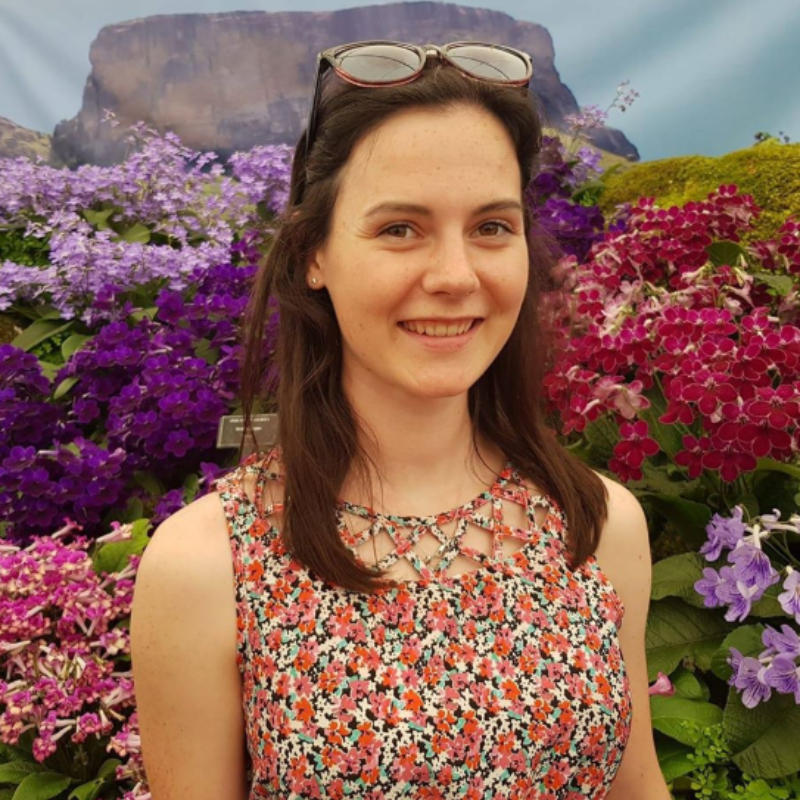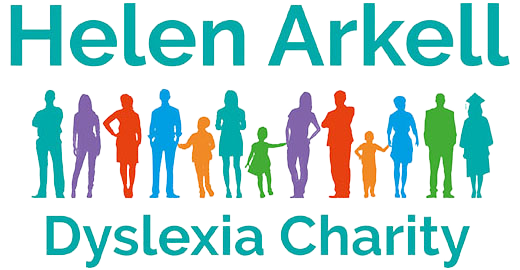Grace

Understanding and loving my dyslexia has made me who I am today
As a child, I was active, imaginative and asked endless questions. In the classroom however, I shied away from learning to read and write. Luckily for me, my school teachers recognised I may have been dyslexic from an early age. At just seven years old, I was first assessed at the Helen Arkell Charity with the aid of an assessment bursary.
Feeling inspired to help me in any way she could, my mum patiently and diligently sat with me learning times tables, endlessly reading books and checking all my spellings. But in seeing my struggle, she wanted to understand how she could teach me in ways that suited my neurodiversity. Again, we returned to the Helen Arkell Charity, only this time it was for her. Taking course after course, my mum studied for years to become a Level 7 OCR-accredited teacher for children with specific learning difficulties, before finally becoming a certified SENCo. All of this, while also teaching me in a creative, personalised way.
Seeing my mum’s passion taught me that I could do whatever I wanted, and there would always be ways for me to get there. However, through GCSEs and AS-Levels, I never completed an exam paper in the time allocated, so why was it such a battle? Feeling that I wasn’t reaching my full potential, I was re-assessed at seventeen… a full ten years after my first trip to The Helen Arkell Centre. It was then I learnt that
I required 25% extra time in my exams. After this, in my A-Level exams I finally finished a paper with my head held high.
Throughout my university degree, I played to my strengths and worked on my weaknesses with a specialised tutor provided by my Disabled Students Allowance. I found out that my attention to detail, inquisitive nature and hands-on approach were ideal for a job in a laboratory. Now I am a research assistant at the University of Oxford discovering new drugs for neurodegenerative diseases. I believe my dyslexia allows me to look at research differently and gives me the creative edge needed to make important breakthroughs in science. I am proud of my dyslexia, but I know I wouldn’t be where I am today without the Helen Arkell Charity and, of course, my amazing mum.




